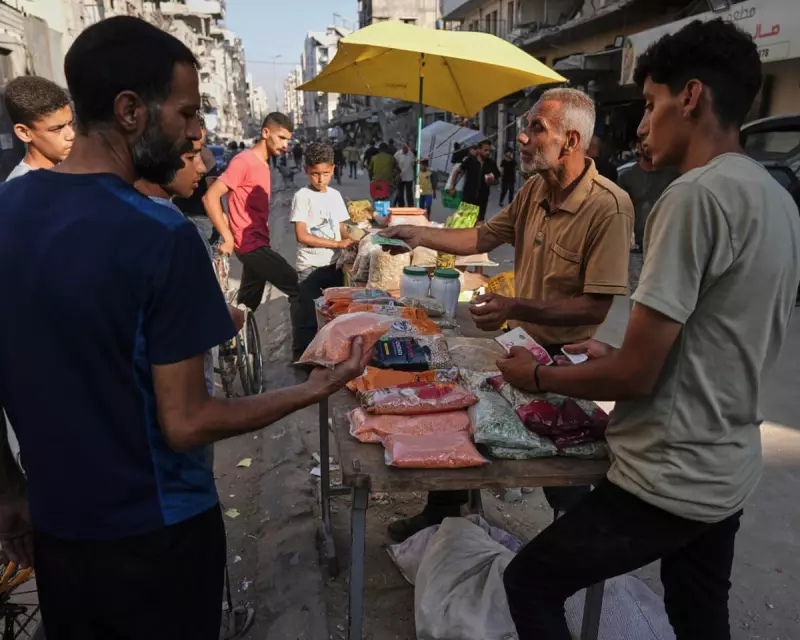
As the humanitarian crisis in Gaza deepens, grassroots mutual aid groups are stepping in to provide critical support where larger organisations face obstacles. With reports of widespread starvation and malnutrition, these community-led initiatives are rallying donations to deliver food and essential supplies to those in desperate need.
The Growing Crisis in Gaza
Gaza's population is facing extreme food shortages, with many families struggling to secure even basic meals. The blockade and ongoing conflict have crippled supply chains, leaving thousands at risk of starvation. Hospitals report rising cases of malnutrition, particularly among children and the elderly.
How Mutual Aid Groups Are Responding
Local and international mutual aid networks are bypassing bureaucratic hurdles to get aid directly to Gaza's residents. These groups, often run by volunteers, focus on:
- Collecting donations for food parcels
- Organising emergency medical supplies
- Establishing community kitchens
- Providing nutritional support for vulnerable groups
The Challenges of Delivering Aid
Despite their efforts, aid workers face significant challenges:
- Restricted access to certain areas
- Limited funding and resources
- Security risks for volunteers
- Difficulty in transporting large quantities of aid
Yet these groups continue their work, driven by the urgent need to prevent further loss of life from starvation-related causes.
How the Public Can Help
Concerned individuals worldwide are contributing through:
- Financial donations to trusted aid organisations
- Social media campaigns to raise awareness
- Political advocacy for humanitarian access
- Volunteering with local collection efforts
As the situation remains critical, these community-driven efforts provide a lifeline for Gaza's most vulnerable residents.





